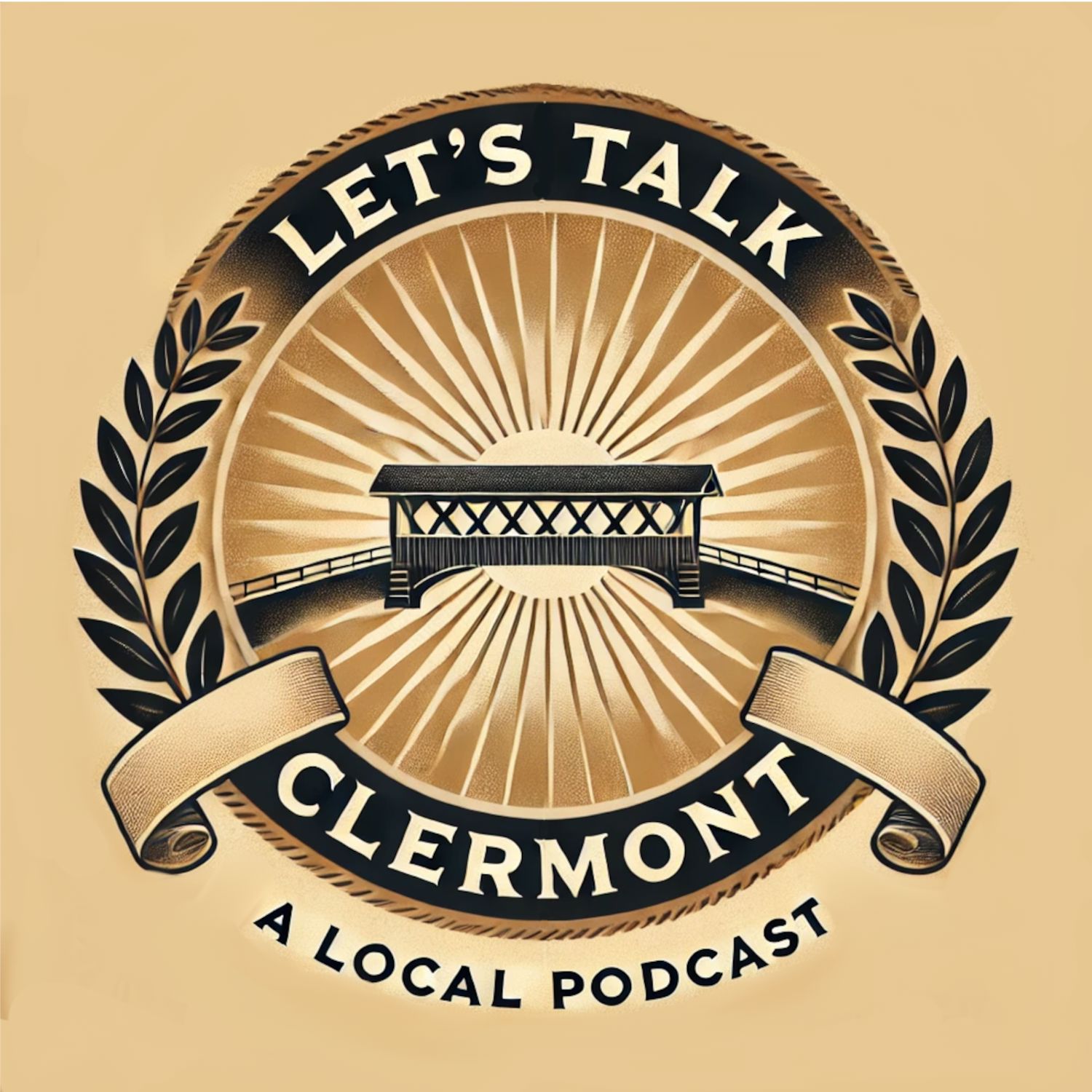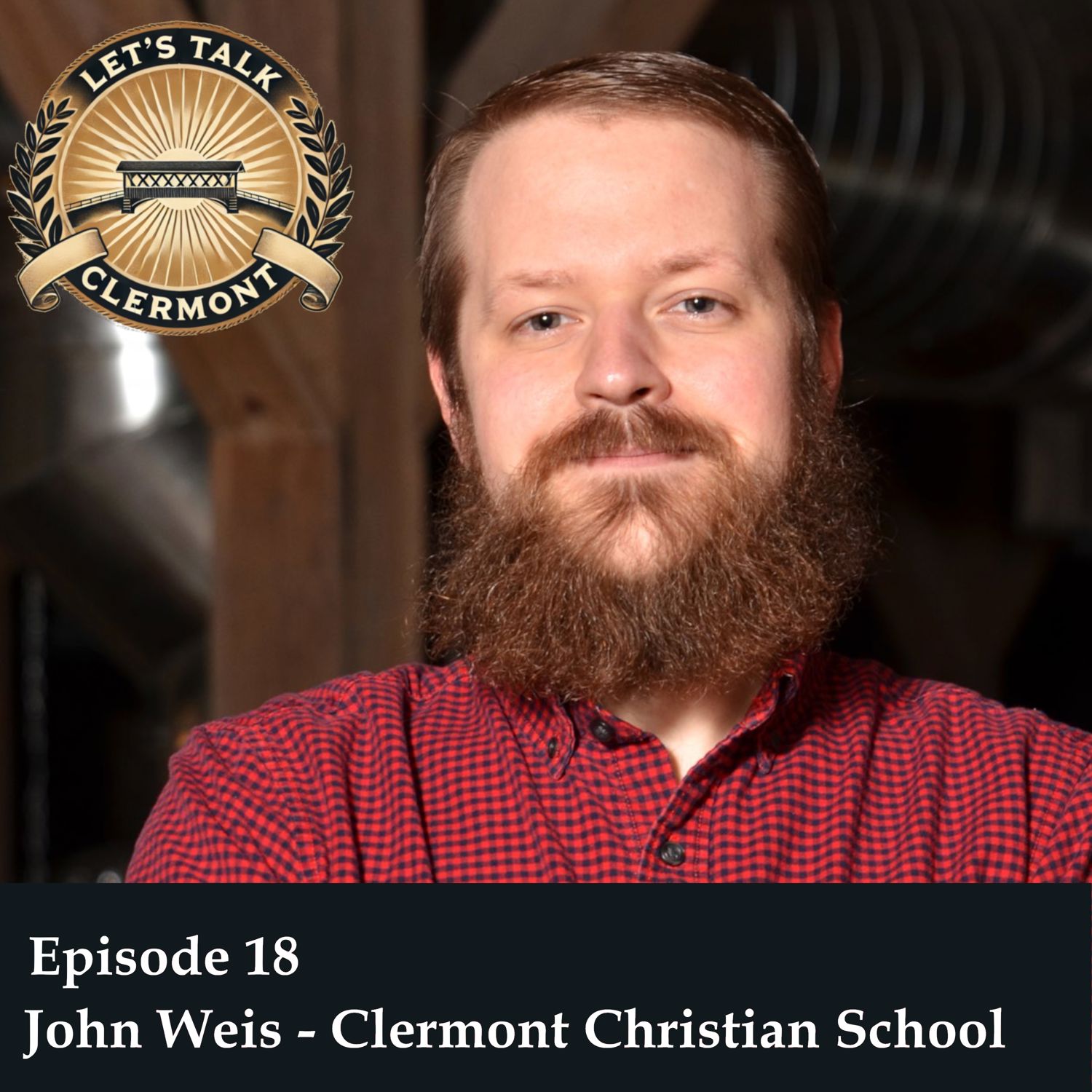Episode 18 of Let's Talk Clermont. We talk with John Weis about his work founding Clermont Christian School and his take on classical education. We also get into Ohio’s proposed cryptocurrency legislation and what it could mean for Bitcoin’s future in the state. Plus a rundown of upcoming Clermont County events and how you can support the show!
Like what you hear? Consider making a donation! Any amount helps us keep the show going.
👉 Donate here

Let's Talk Clermont
News and Views for Clermont County, Ohio
Listen in your favorite app:
Fountain